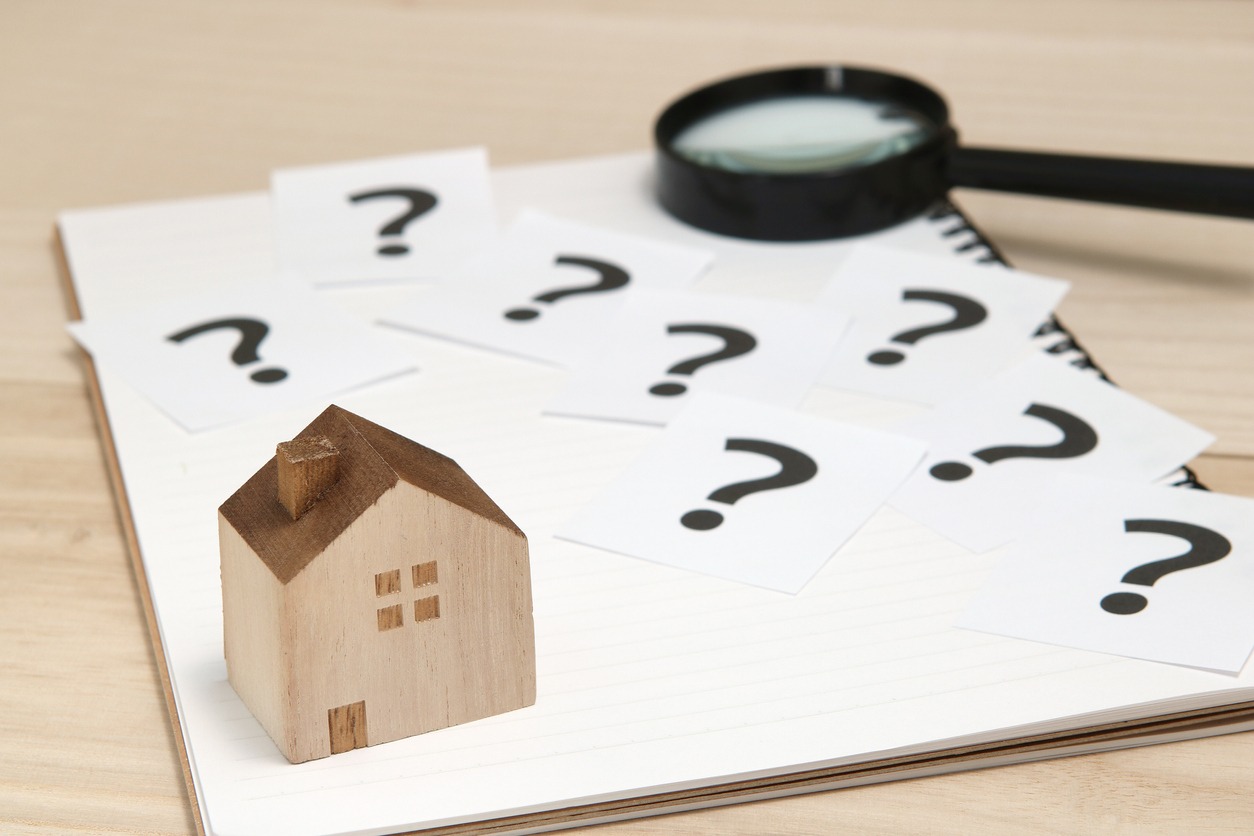You can read here that buying a home is one of the biggest decisions you will make in your entire life. While making the change from renting to purchasing might be an exciting one, you only want to buy a home if you are entirely ready for one. In this article, we will be going over some of the signs to tell that you might not be ready to purchase a home just yet.
Knowing When You Shouldn’t Purchase A Home:
1. You Don’t Make Enough Money
For one, this is something that you are going to want to consider. If you will be required to fork over more than 25 or even 30 percent of your income to mortgage payments, you will want to avoid buying a home. You will simply be operating at too little of a cash flow influx. Therefore, you might find yourself having to tighten your finances to the point that wouldn’t make sense. Rather, you should try to either save up to the point where this isn’t the case or downsize the home that you are thinking about buying to something more affordable and within your price range.
2. Your Credit Score Is Low
Prior to even thinking about buying a home, you want to be aware of your credit score. It is very important to think about your credit score when you are considering your options. Without a high score, you will end up having to pay a lot more due to higher rates. Those with the best credit scores will end up benefiting from having lower rates. Therefore, if your score is lower than you would like, you should wait to boost your score prior to purchasing a home. Even a small bump or drop in your credit score can make a big difference in your rates.
3. You Don’t Have An Emergency Fund
This is another big no-no for anyone that is considering buying a home. Everyone should have a good emergency fund that they can tap into at any moment. This emergency fund should be liquid. Whether you lose your job, you have to deal with an unexpected medical expense or something else. Having a solid emergency fund that you can turn towards can really help you in times of need. If you don’t have an emergency fund, you will want to save one. Without one, you shouldn’t even think about purchasing a home.
4. You Can’t Put Down A Significant Amount
While you don’t have to save up 20 percent for a down payment, you do want to be able to put at least 10 percent down. Because of this, if you don’t have the ability to put down at least 10 percent, you are likely going to want to reconsider your options. At 10 percent you will be able to lower your monthly mortgage to something that is reasonable. Ideally, you want to be able to put 20 percent but that is not required to purchase a home.
5. You Aren’t Sure You Want To Stay
The fact is, homeownership is a worthy investment. However, you pretty much want to know that you are in it for the long haul. Much like stocks, owning your home is going to pay off more if you are willing to make it a long term play. When you are looking to sell off a house after a year or two, you might end up taking a significant loss on your home purchase. Therefore, you want to think long and hard about whether or not you will want to live in the current area you are considering buying in. That way, you will be able to tell whether or not homeownership is for you. If you are someone that is going to be moving around from place to place, you shouldn’t even think about buying a home.
6. You’re Planning For Major Expenses
If you are thinking about buying a home, it should be the only large expense you have on the horizon. Unless you have an abundance of cash flow, you will want to spread out your major purchases. Therefore, if you are prepping for an expensive wedding, medical procedure, vehicle purchase, or something else, it might be a better idea to hold off on your home purchase. Instead, you should look to spread your large purchases up so you won’t be spending too much at once.
7. Sellers Market
Another thing that you should be considering when you are trying to figure out if you should or shouldn’t purchase a home would be the market conditions. Ideally, you want to try to purchase your home during a buyer’s market rather than a seller’s market. Otherwise, you will find yourself spending much more on your home purchase than if you had just waited for the market to tilt in your favor. This makes it even more important to click here for great advice from this in-depth home buyers guide.
As you can see, there are plenty of signs that you want to be on the lookout for when you are trying to figure out whether or not you should be looking to purchase a home.

